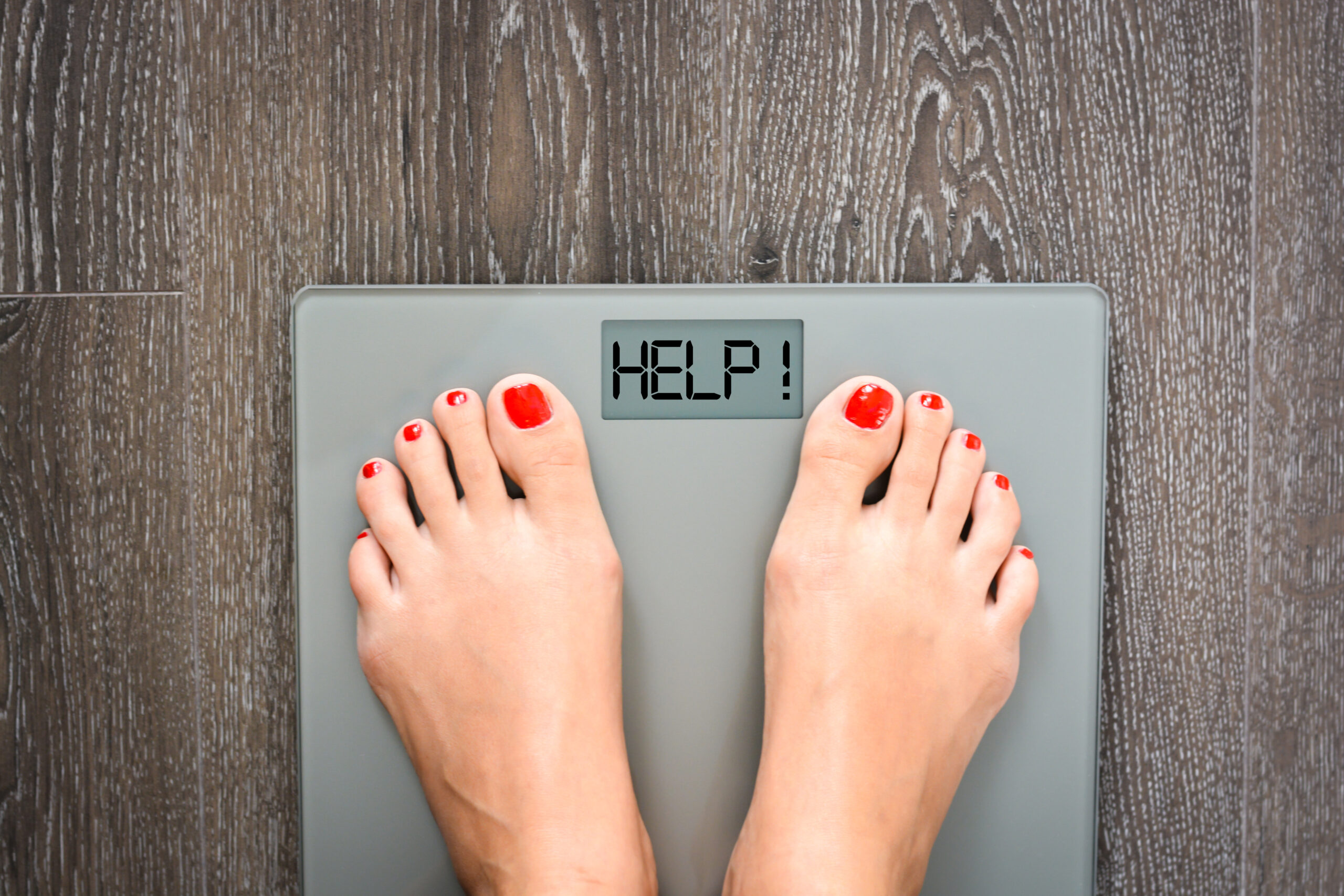When patients join the 7 Days of Weight & Wellness program, most expect we’ll talk about food, fitness, and maybe even metabolism. And we do. But what often surprises them is how much time I spend discussing three things that don’t seem directly related to weight: stress, sleep, and sugar. These hidden triggers are some of the biggest barriers to long-term wellness—and some of the most overlooked.
Let’s pull back the curtain on how your mind, habits, and hormones are all working behind the scenes. Because no matter how many healthy meals you prep or workouts you do, if these three areas are out of balance, your body will struggle to release weight and feel truly well.
Stress: The Silent Weight Gainer
We tend to think of stress as a mental or emotional issue. But the truth is, your body treats stress like a full-body event. When you’re overwhelmed—whether it’s by deadlines, finances, relationships, or just the daily grind—your body releases cortisol, a hormone designed to help you survive short-term danger.
The problem? Most of us are under chronic stress. That means cortisol levels stay elevated, and that has several weight-related consequences:
- Increased fat storage, especially around the belly
- Stronger cravings, especially for high-sugar and high-fat foods
- Slower metabolism, as your body goes into “preservation” mode
Stress also makes it harder to stay motivated. When you’re anxious or exhausted, you’re more likely to skip that workout or reach for comfort food. And over time, this creates a cycle that’s hard to break.
What I tell my patients: You don’t need to eliminate stress (that’s not realistic), but you do need to build in daily recovery. Whether that’s a walk, meditation, journaling, or simply five deep breaths between meetings, calming your nervous system is part of your wellness work. I even recommend setting a “stress check-in” alarm on your phone—a little reminder to pause, unclench your jaw, and breathe.
Sleep: Your Metabolism’s Best Friend
If I could give every patient just one superpower for weight loss, it wouldn’t be a special diet—it would be better sleep. Sleep isn’t just rest; it’s repair. It’s when your body resets your hormones, cleans up inflammation, and balances the systems that regulate hunger and metabolism.
When you don’t sleep well (or long enough), here’s what happens:
- Your body produces more ghrelin, the hormone that makes you feel hungry
- You make less leptin, the hormone that tells you you’re full
- Insulin sensitivity drops, which means your body stores more fat
- You crave more sugar and caffeine the next day just to stay awake
It’s no surprise that studies consistently show a strong link between sleep deprivation and weight gain.
What I tell my patients: Aim for 7–9 hours of quality sleep a night. That means winding down without screens, keeping your bedroom cool and dark, and sticking to a sleep schedule—even on weekends. Think of sleep as part of your nutrition plan. It’s that important.
Sugar: The Sneaky Saboteur
Let’s talk about sugar. It’s not evil, and I don’t believe in fear-based food rules. But I do believe that most of us are eating far more sugar than we realize—and it’s quietly hijacking our progress.
Sugar triggers dopamine, the brain’s reward chemical, which is why it feels so good to eat. The problem is that sugar doesn’t satisfy us—it makes us want more. And added sugar hides in more than just desserts. It’s in sauces, breads, dressings, yogurts, and even so-called “health” foods.
High sugar intake:
- Spikes insulin, your fat-storage hormone
- Increases inflammation, which slows metabolism
- Creates energy crashes that lead to more cravings
- Disrupts gut health, making it harder to regulate hunger
What I tell my patients: You don’t need to eliminate sugar completely. But you do need to become aware of it. Start reading labels. Choose foods with less than 5g of added sugar per serving. And if you’re craving something sweet, try fruit, which comes with fiber and nutrients that support your health.
The Mind-Body Connection
Here’s the bottom line: your body doesn’t exist in a vacuum. What you feel emotionally impacts what happens hormonally. And what’s happening hormonally affects how you eat, sleep, move, and feel.
If you’ve ever felt frustrated because “you’re doing everything right” but the scale isn’t budging, I encourage you to look beyond food and exercise. Are you overwhelmed? Are you sleeping well? Are you caught in a cycle of sugar highs and crashes?
Healing isn’t about perfection—it’s about alignment. Aligning your habits with how your body actually works. That’s what this program is about: not just quick fixes, but sustainable changes that support real wellness.
What You Can Do This Week
As you move through the 7 Days of Weight & Wellness, here are a few small changes I recommend:
- Schedule 10 minutes of stress relief every day, no screens
- Set a consistent bedtime and wake time
- Swap out one processed snack for a whole food alternative
- Keep a simple journal to track mood, cravings, and sleep
These aren’t dramatic changes—but they’re powerful. Because when stress goes down, sleep goes up, and sugar comes under control, your body begins to trust you again. And when your body trusts you, it lets go of what it’s been holding on to—physically and emotionally.
Let’s focus on those deeper shifts. Not just for weight loss, but for long-term wellness. You’ve got this—and I’m here to help guide you through it.
